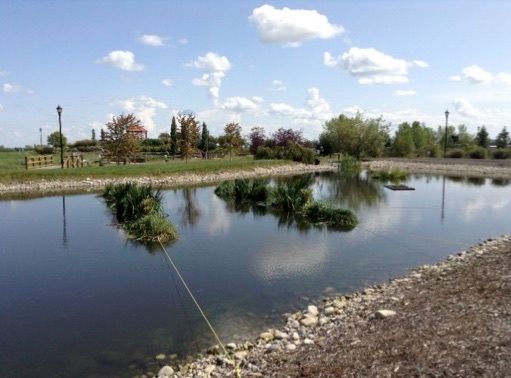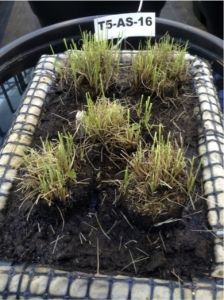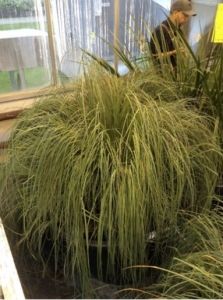October 21, 2020
Improving Water Quality to Sustainable Communities and Ecosystems

By Olds College Centre for Innovation
Use of native wetland plants on cold climate floating island systems for the phyto-remediation of water with excess nutrients, the quantification of the hyper-accumulation capabilities, and the water use efficiency of each species of native wetland plants, has been the focus of the Wetland and Applied Research Program at the Environmental Stewardship division of the Olds College Centre for Innovation.
Water and water security represents one of the key components of life and one of the core components that determines the success and failure of ecosystems. With the potential impacts of climate change on our water supply, the urgency of protecting and cleaning water has never been more evident. The main methods for cleaning water used today focus on the physical and chemical. Some of these methods treat the symptoms while others allow true solutions. However, there is another area of remediation of water that is becoming a growing interest and this is in biological and ecological engineering. Phyto-remediation holds a potential to create functioning ecosystems that allow for water to be remediated effectively, economically, and passively. In addition to water remediation, this technology provides many other advantages such as wildlife habitat, natural ecosystem functions and nutrient cycling, and anthropogenic assistance.
Improving water quality at the source of contamination is an important goal for developing sustainable communities and vegetated treatment islands can be implemented in agricultural, indigenous, urban, industrial, and other world environments as an effective and efficient water management tool. The results from this research show great potential for removing nutrients for in-situ water treatment using vegetated cold climate floating islands.
During the CoVid-19 pandemic, the Olds College Centre for Innovation hosted a webinar to present the findings of the project. The webinar was recorded and can be accessed on the OCCI website here.


Carex aquatilis (Water Sedge) Feb 18, 2019 Carex aquatilis (Water Sedge) Aug 01, 2019


